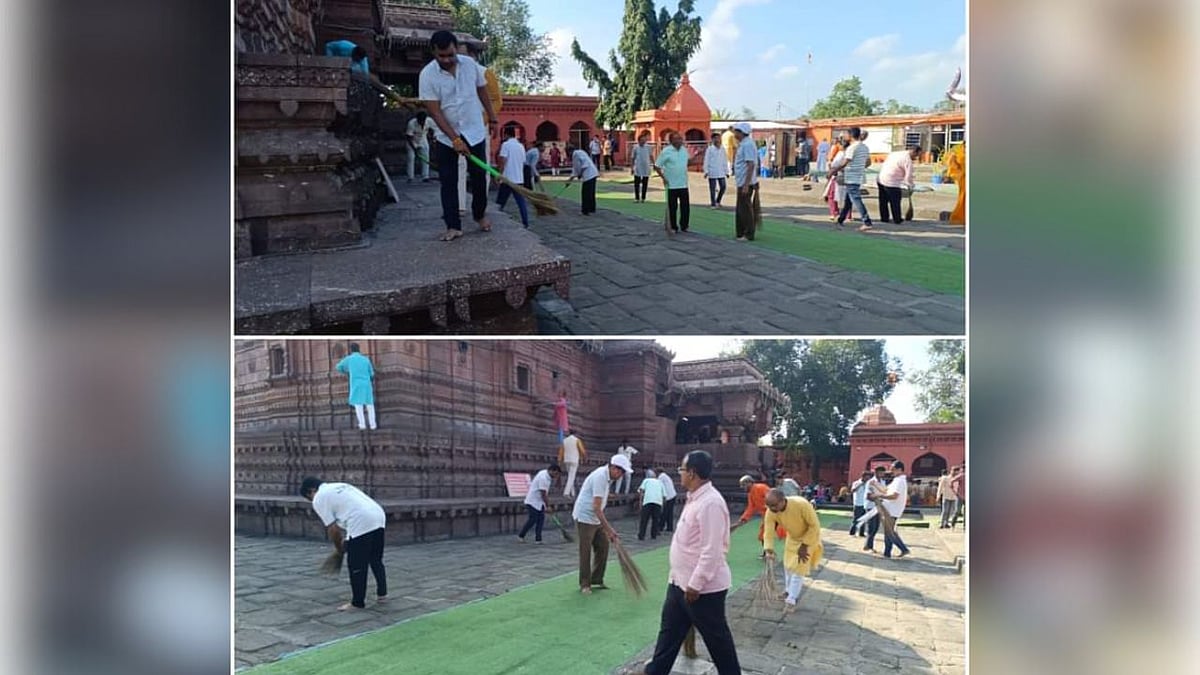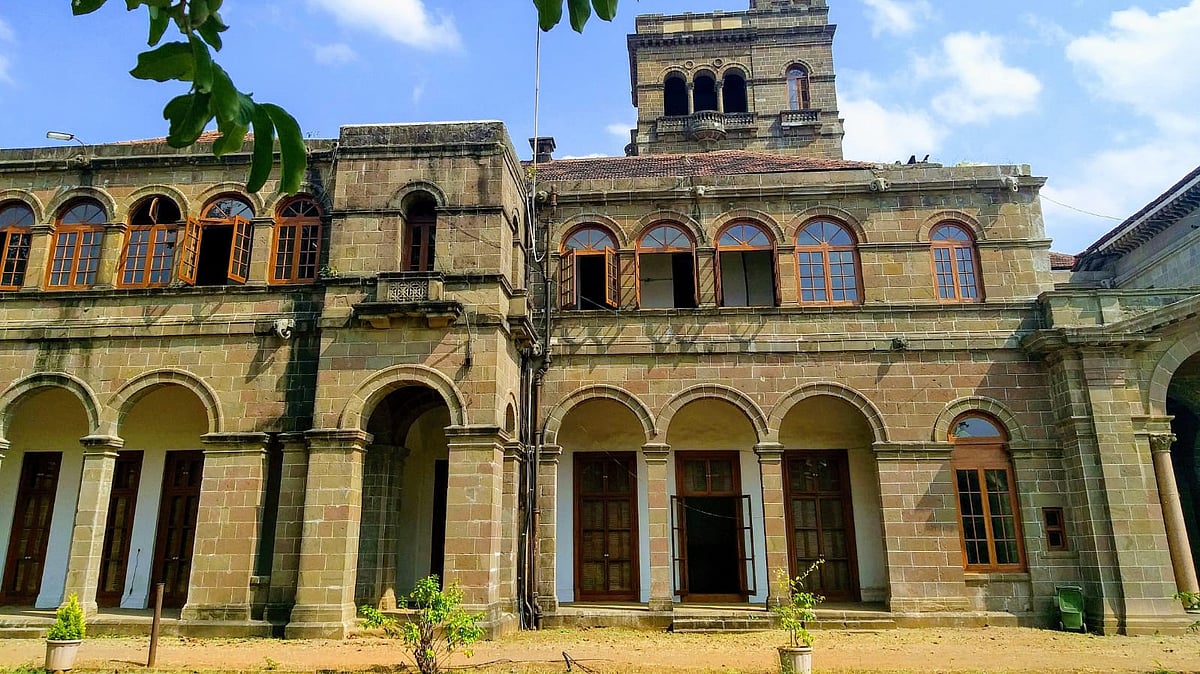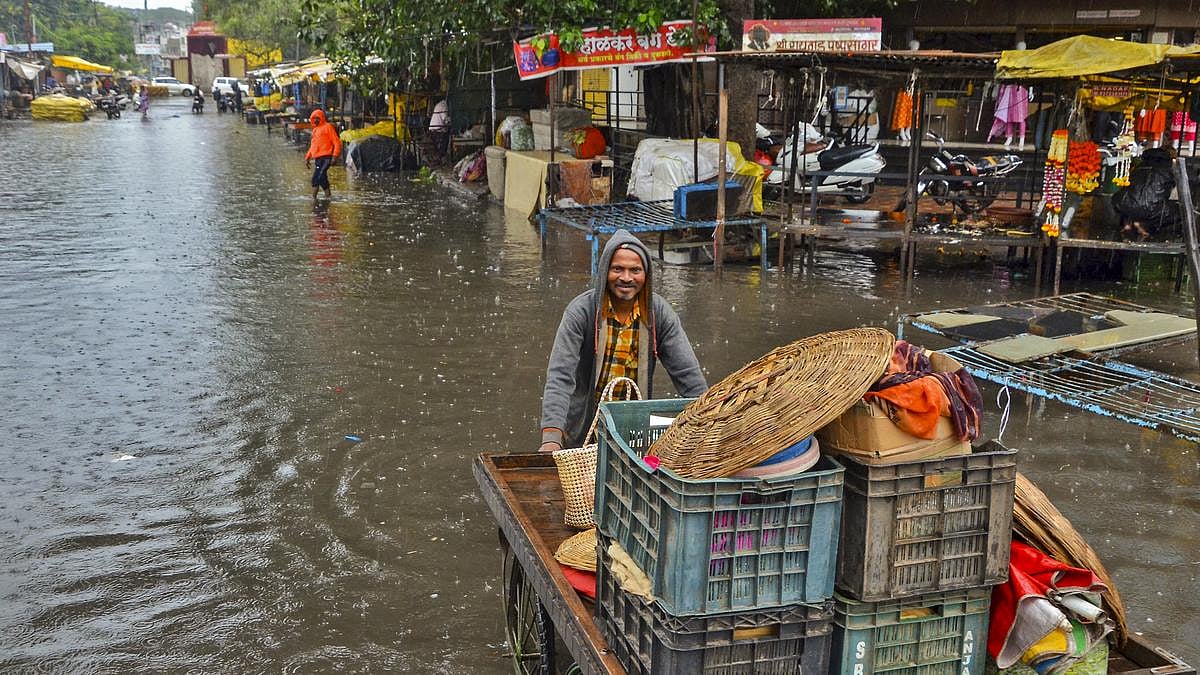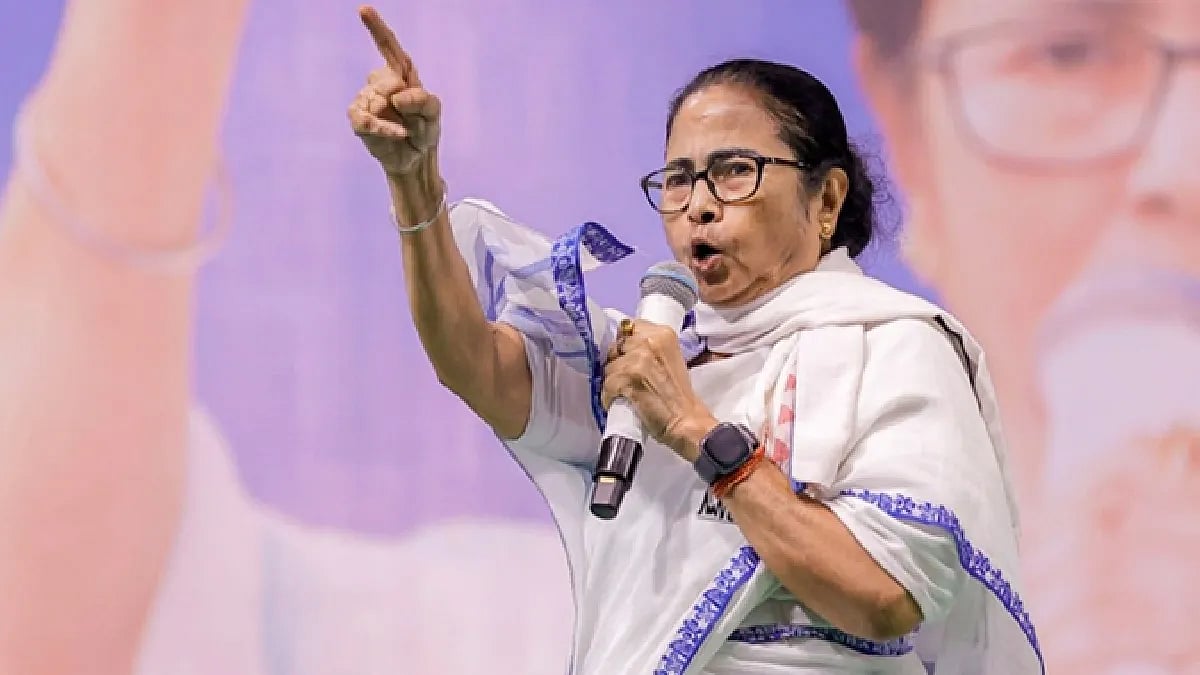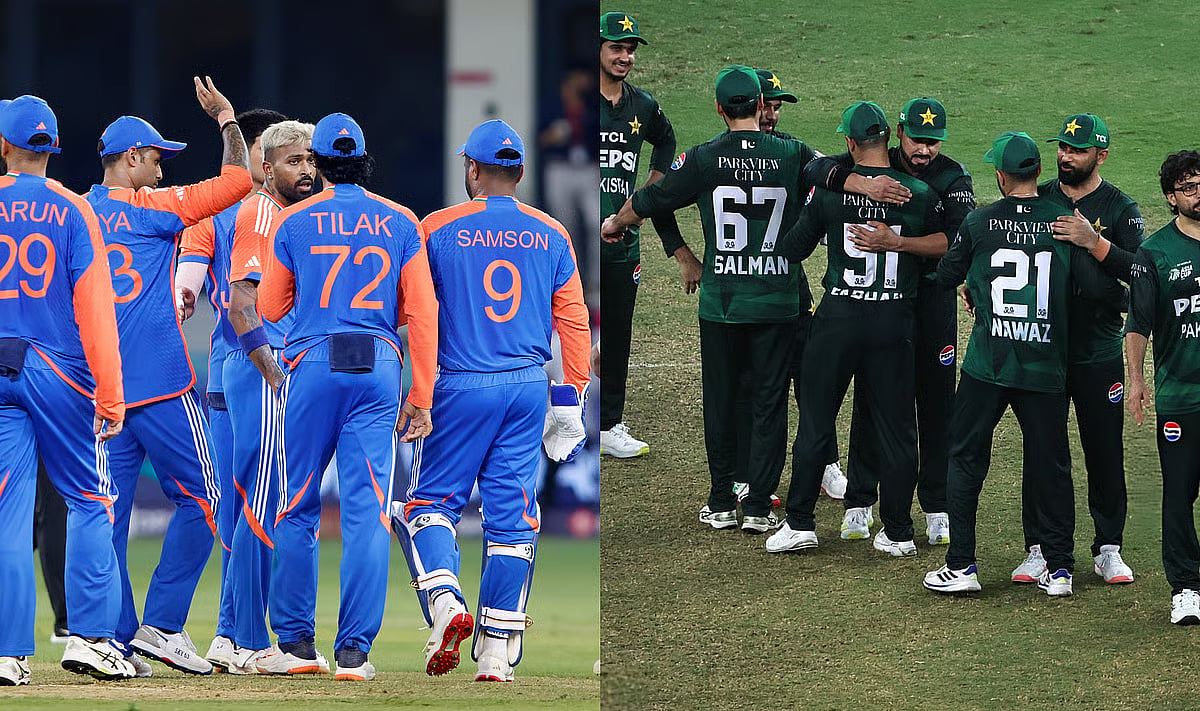The functioning of the Election Commission of India (ECI), particularly the Chief Election Commissioner, as well as his two commissioner colleagues, have brought shame to the country, given their questionable behaviour.
At the outset all the millions of individuals, who have made it possible to conduct elections in the country and are still doing so, must be complimented. From the first general election held in 1952, millions of people have contributed to the conduction of elections and that too in a fair manner. Of course there have been instances of booth-capturing and seizure of ballot boxes in the past, but by and large it was due to the failure of the security personnel to stop such acts. Many polling officials have risked their lives in electoral history of the country, when they were posted in sensitive areas, including those where terrorist activities were commonplace. Even today, some of them are posted in such areas.
It is the contribution of such people that has not only kept democracy alive in the country, but has made it stronger by the day. Yet, there are elements, with narrow thinking and for whom democracy is confined to the election of their leaders and parties. Such people are joined by polling officials at various levels, who, by their acts of omission or commission, weaken democracy.
As humans, we are in the continuous process of learning, which is not confined to acquiring new knowledge but also of taking lessons from our acts, which include success and failure. It has been the same with the Election Commission of India since 1952. Each election was a learning experience to improve the conduction of elections as fairly as possible and Commissioner after Commissioner contributed to improvisation of the electoral process.
However, just as experiences help improve systems, they also expose the loopholes that could be used unfairly to favour a certain political party or a leader. Crooks find ways to circumvent rules and systems, for personal gains or to make somebody a beneficiary; that is seen in the current scenario of the conduction of elections.
Doubts about the credibility of the Election Commissioners were raised in many quarters, with the method in which they were appointed. The Government vetoed the Supreme Court opinion that the Chief Justice of India should be on the panel that would select individuals to be appointed Election Commissioners. In the absence of the Chief Justice of India and the inclusion of the Leader of the Opposition in the Lok Sabha, who becomes a minority vote, with the majority vote being in favour of the Government in Office, there is enough reason to believe that officials who are willing to crawl, even when they are not told to bend, would be appointed in such sensitives posts. The posts are supposed to make the foundation of democracy stronger, with the conduction of elections in a fair manner.
The Government appointing the Election Commissioners need to understand that the posts are Constitutional and those occupying the high office are not accountable to the Government, but to the people at large. Thus, the election of individuals for these posts should not only be fair, but also be seen to be so, just as Lord Chief Justice Hewart (Gordon) had said a century ago, “Justice should not only be done, but should manifestly and undoubtedly be seen to be done.” In the present case, it applies not only to the Government, but also to the Election Commission of India. The latter should not only be fair and judicious, but also seem to be so. Events during the first five phases of the elections and the attitude of the ECI is to the contrary.
It is seen that the ECI works at lighting speed in taking action against Opposition parties or their candidates, whether on complaints or suo moto, but has failed to act on complaints by the Opposition parties and their members. In case the ECI has acted on it, it has merely sent notices and that too to the party chief and not the violator of the Model Code of Conduct.
At the press conference held to announce the Lok Sabha election schedule, Chief Election Commissioner Rajiv Kumar put up a poor show, though he stated that political parties have been ‘told’ to adhere to the Model Code of Conduct. His tone was casual. He should have announced that his office will ensure that violators of the Code would be dealt with strictly, irrespective of who is the violator. He was more interested in sher-o-shayari, which lacked literary standards.
On complaints of hate speech by Prime Minister Narendra Modi, Kumar and his office behaved like a judge of the juvenile court in Pune, where the father was arrested for allowing his minor son to drive a car. Instead of taking action against Modi, who has blatantly violated the code of conduct om numerous accounts, the ECI sent a notice to Bharatiya Janata Party Chief J P Nadda. The ECI is not a juvenile court and it should remember that juveniles are not allowed to contest elections in India, even if the candidates are juvenile in their speeches and attitudes.
The failure of the ECI to announce the polling figures on time also raises doubts about its integrity, especially when it announces a significant jump in the figures of votes polled. Even the Supreme Court has taken note of it in a petition before it and has sought an explanation from ECI for the delay in giving the final figures.
The ECI’s failure to carry out its duties effectively may help a leader or a party, but it is an onslaught on democracy and a crime against the nation.
The author is a senior journalist and media trainer. He tweets at @a_mokashi


